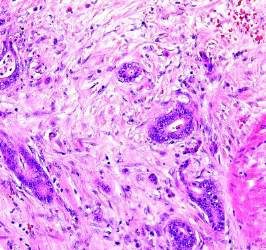I was 14 when my grandmother fell and broke her hip. She went to the emergency department by ambulance from the restaurant we were at, and Dad took me to the hospital with him. He was an only child, and not a medical person. He was very worried.
There, Grandma looked older and more frail than usual. She and my dad were both anxious when told she’d need surgery.
Then the orthopedic surgeon came in. Tall and confident, he was initially quite imposing. But he was polite and had a great bedside manner. He calmed my dad and grandmother down, explained what needed to be done, and was reassuring. After surgery, he came to the waiting room to let us know things had gone well. I remember how impressed Dad and I both were.
Now, here was that surgeon again, on the other side of my desk. Arthritis had taken away some of his height. But he still carried himself with a proud dignity.
His family had brought him to me for worsening memory problems. He thought he was still in practice, although he had retired years ago. He didn’t remember his address, what city we were in, or what a clock looked like.
You hear families talk about how much Alzheimer’s disease takes away from a loved one, but you rarely have the opportunity in a practice to see for yourself. But the impression he’d made on me over 35 years ago was still strong, and I remembered every detail in comparison to the person across from me today.
In his field, he fixed things. With screws, rods, and casts he could restore broken bones, returning them to strength and use – like he had with my grandmother.
Sadly, I can’t return the favor now. I can only offer his family comfort, and answer questions, the way he once did with mine.
I started donepezil and gave them the most optimistic talk I have for these cases. But I know we’re still far away from fixing broken brains.
After he left, I found myself looking in the mirror, thinking of how I saw him then, wondering if his family saw me the same way now, and realizing that someday my children and I may be in the same situation.
Dr. Block has a solo neurology practice in Scottsdale, Ariz.





